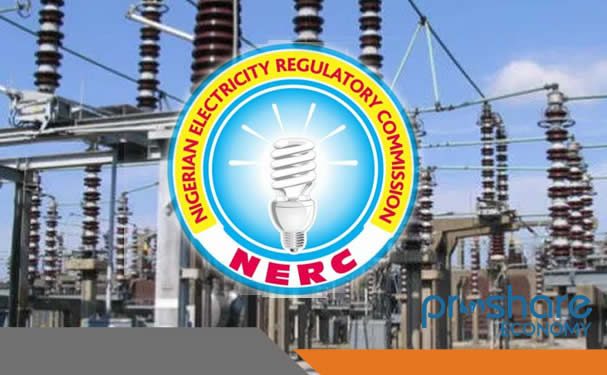In a landmark move set to reshape Nigeria’s power sector, the Nigerian Electricity Regulatory Commission (NERC) has granted regulatory autonomy to 11 states, empowering them to independently oversee and manage electricity markets within their jurisdictions.
The states—Kogi, Niger, Ekiti, Plateau, Oyo, Ogun, Enugu, Lagos, Imo, Ondo, and Edo—can now license market participants, regulate electricity generation, transmission, and distribution, and enforce market rules according to the provisions of the Electricity Act (EA) 2023.
The announcement, contained in a document obtained from the Federal Ministry of Power, marks a major milestone in the implementation of the Electricity Act 2023, which was signed into law by President Bola Tinubu in June last year. The Act repealed the Electric Power Sector Reform Act of 2005 and ushered in a decentralised electricity governance framework.
The new law allows subnational governments to legislate and control power supply within their states—especially in areas not currently served by the national grid. To assume these powers, each state must pass enabling legislation and establish an electricity regulatory commission. The 11 states have now met these requirements, enabling them to operate independent electricity markets in line with the law.
According to the Federal Ministry of Power, the decentralisation aims to accelerate progress toward Nigeria’s ambitious goal of achieving universal electricity access for 86 million people by 2030.
Key Highlights of the New Power Sector Roadmap:
- $32.8 billion in planned investments from public and private sectors to fund universal energy access and clean cooking solutions.
- 948 MW of renewable energy capacity to be added for rural electrification.
- 100 MW of clean energy to be deployed across 37 federal universities and seven teaching hospitals, reinforcing the government’s clean energy push.
- The Nigeria Integrated Resource Plan (NIRP) and the National Integrated Electricity Policy (NIEP) will serve as the guiding documents for the sector’s transformation.
This move is expected to improve electricity access, foster competition, attract private investments, and enable more responsive governance in the power sector at the state level.










